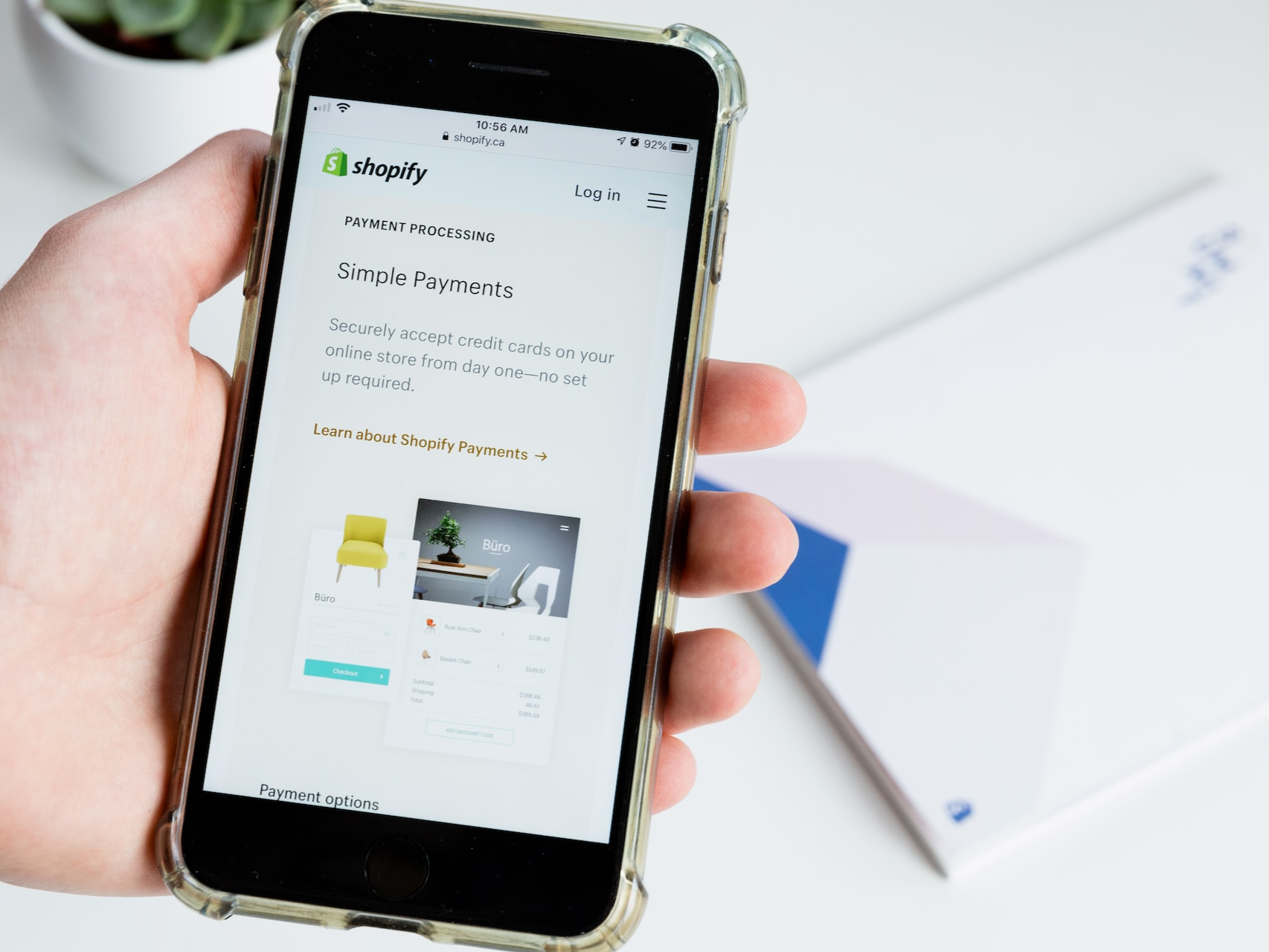Power of ChatGPT to Elevate Your CRM
Harnessing the Power of ChatGPT to Elevate
Your CRM

In today's data-driven world, customer relationship management (CRM) systems have become indispensable tools for businesses of all sizes. These platforms allow companies to centralize and manage customer interactions, providing valuable insights into customer behavior and preferences. However, even the most sophisticated CRM systems can be limited by their reliance on traditional data sources, such as emails, phone calls, and web forms.
This is where ChatGPT, a large language model (LLM) developed by OpenAI, can revolutionize CRM operations. ChatGPT possesses the ability to process and generate human-quality text, enabling it to interact with customers in a natural and engaging manner. By integrating ChatGPT into their CRM systems, businesses can unlock a wealth of new opportunities to enhance customer engagement, streamline operations, and boost sales.
Enhancing Customer Engagement
ChatGPT can be employed as a virtual assistant to handle customer inquiries, provide product support, and resolve issues efficiently. This can significantly reduce the burden on human customer service representatives, allowing them to focus on more complex tasks that require a deeper understanding of customer needs.
ChatGPT can also be used to personalize customer interactions. By analyzing customer data, ChatGPT can tailor responses and recommendations to each individual customer, creating a more engaging and rewarding experience. This personalized approach can lead to increased customer satisfaction, loyalty, and advocacy.
Streamlining Operations
ChatGPT can automate a variety of repetitive tasks that are currently performed manually by CRM users. For example, ChatGPT can automatically generate reports, summarize customer interactions, and update customer records. This can free up CRM users' time, allowing them to focus on more strategic initiatives that drive business growth.
ChatGPT can also be used to improve data accuracy and consistency. By analyzing customer data from various sources, ChatGPT can identify and correct errors, ensuring that CRM data is accurate and up-to-date. This can lead to better decision-making and improved customer satisfaction.
Boosting Sales
ChatGPT can play a pivotal role in sales enablement by providing sales teams with the insights and tools they need to close more deals. ChatGPT can analyze customer data to identify potential leads, generate personalized sales pitches, and even negotiate deals on behalf of sales reps.
ChatGPT can also be used to improve customer retention by identifying and addressing potential churn risks. By analyzing customer interactions and sentiment, ChatGPT can proactively identify customers who are at risk of leaving and recommend interventions to prevent churn.
Real-world Examples of ChatGPT Boosting CRM
To further illustrate the transformative impact of ChatGPT on CRM, let's delve into some real-world examples of how businesses are leveraging this technology to achieve remarkable results.
Case Study 1: E-commerce Giant Enhances Customer Support
A leading e-commerce platform integrated ChatGPT into its customer support system to handle a surge in inquiries during the holiday season. ChatGPT was able to efficiently address a majority of customer queries, providing quick and accurate responses, freeing up human agents to tackle more complex issues. As a result, the company experienced a significant reduction in response times and increased customer satisfaction ratings.
Case Study 2: SaaS Provider Personalizes Customer Engagement
A SaaS (Software as a Service) provider utilized ChatGPT to personalize customer interactions within its CRM platform. ChatGPT analyzed customer data, including past interactions, preferences, and usage patterns, to tailor product recommendations, onboarding guides, and support messages. This personalized approach led to a noticeable increase in customer engagement, product adoption, and renewal rates.
Case Study 3: Fintech Company Streamlines Sales Processes
A fintech company employed ChatGPT company to automate repetitive tasks within its CRM system, such as lead qualification, sales pitch generation, and follow-up emails. This automation freed up sales representatives to focus on building relationships with potential customers and closing deals. The company witnessed a substantial boost in sales productivity and revenue generation.
Case Study 4: Retail Brand Reduces Customer Churn
A retail brand integrated ChatGPT into its CRM system to identify and address potential customer churn risks. ChatGPT analyzed customer interactions, sentiment, and purchase history to predict the likelihood of customer attrition. The brand then implemented targeted loyalty programs and personalized offers to retain at-risk customers, resulting in a significant decrease in churn rates and increased customer lifetime value.
The Future of ChatGPT in CRM
The integration of ChatGPT into CRM systems is still in its early stages, but the potential benefits are undeniable. As ChatGPT and other LLMs continue to evolve, we can expect to see even more innovative applications in the realm of CRM, further revolutionizing the way businesses interact with their customers. Here are some potential future applications of ChatGPT in CRM:
- Predictive customer analytics: ChatGPT could be used to analyze large amounts of customer data to predict customer behavior, preferences, and purchase patterns. This information could then be used to personalize marketing campaigns, product recommendations, and customer service interactions.
- Automated sales coaching: ChatGPT could be used to provide real-time feedback and coaching to sales representatives during customer interactions. This could help sales reps improve their communication skills, negotiation tactics, and overall sales performance.
- AI-powered customer service: ChatGPT could be used to create virtual customer service agents that can handle a wide range of customer inquiries, resolve issues, and even provide emotional support. This could significantly reduce the burden on human customer service representatives and improve customer satisfaction.
Conclusion
The integration of ChatGPT boost CRM systems represents a transformative step forward in the evolution of customer engagement and sales enablement. By harnessing the power of LLMs, businesses can create more personalized, efficient, and effective CRM solutions that drive customer satisfaction, loyalty, and profitability.
As ChatGPT and other LLMs continue to develop, their potential to enhance CRM capabilities will only grow. Businesses that embrace this technology early will be well-positioned to reap the rewards of a more connected, customer-centric, and data-driven CRM strategy.









